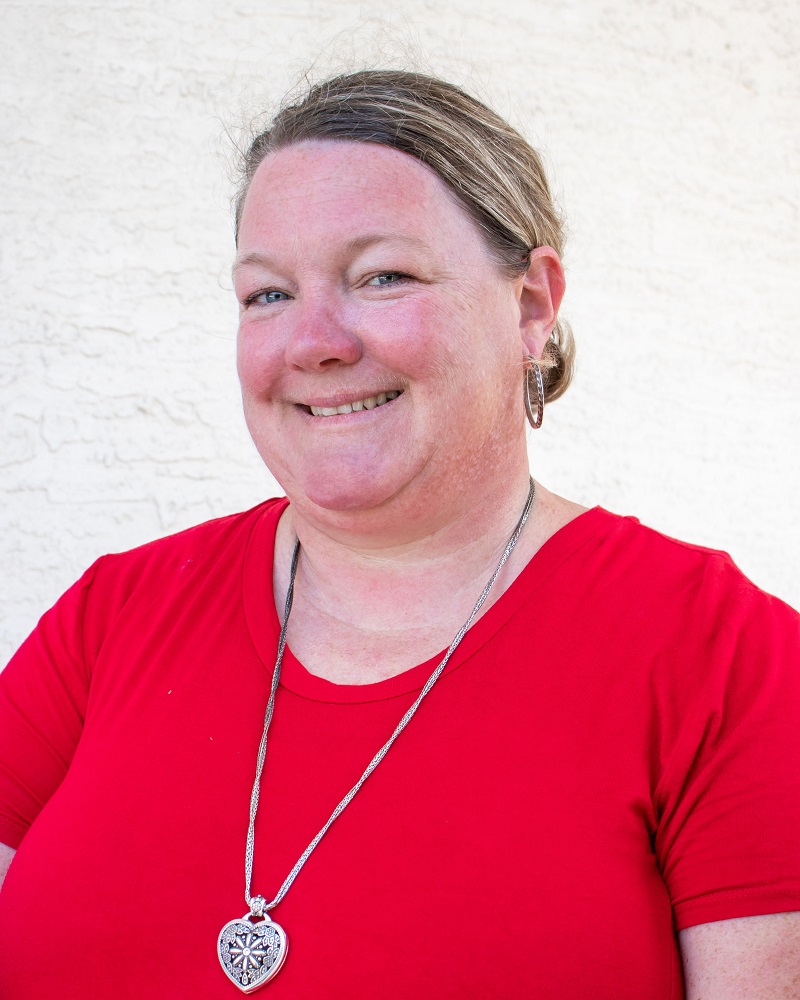The Fourth Trimester
The Fourth Trimester
We have always heard of pregnancy in terms of 3 trimesters, after which you give birth. But did you know, there is also a fourth trimester? And that it’s equally, if not more important than the other three trimesters?
What Is The Fourth Trimester?
The fourth trimester is the 12-week period after your baby is born. It’s a crucial period for the baby adjusting to life outside the womb, and for the mother adjusting to life as a new mom.
This postpartum period is known as the fourth trimester since it largely shapes the growth and development of the baby. As with every other trimester having one important aspect of fetal development, the fourth trimester contributes to the child’s development that attenuates them to a life outside the womb.
Care During The Fourth Trimester
According to the midwives model of care, continuity of care after birth is of utmost importance. Caring for a baby during this time encourages normal, progressive development of the baby’s weight, height, and of course, brain and mental health.
A baby is born with all five senses, but they need some time to fully develop them. They can do so appropriately in a healthy, nurturing environment.
Problems during the Fourth Trimester and How to Tackle Them
Major problems in the fourth trimester include:
- The mental stress new moms have while adjusting to the new routine
- As a womb is a compact space where the baby is safe, the outside world can be intimidating for the baby, resulting in crying spells
- Keeping up with baby’s needs of food, diaper changes, and sleep
To get the baby used to the outside world you should try to:
- Feed them every 2-3 hours,
- Make sure they get sleep whenever they want to
- Learn to interpret crying. Crying could indicate the baby is wet, distressed, tired, uncomfortable, or hungry.
You can also try tactics like the 5 S’s to establish better care of the baby during the fourth trimester:
- Swaddling: Wrapping up a baby to restrict free movement can have a calming effect on them.
- Swing: Your baby is used to moving all the time in your stomach. Swaying, using a glider, or any other type of swing gives them that similar motion and rhythm.
- Side or stomach: Laying a baby on their tummy while supervised can help calm them by adding pressure to their belly.
- Shush: We all have the ‘shush’ down when we are around babies. The sound imitates the sound of rushing blood that they have become accustomed to when inside your uterus.
- Suck: Sucking is a reassuring action. Try using a pacifier to soothe your baby.
Postpartum Care at Birth Center Stone Oak
To help mothers transition into the fourth trimester, we visit our families in their home within the first 24-48 hours after birth so they can relax and rest and not have to come to the birth center for an appointment. In addition to other clinic visits, we have a 6-week postpartum visit scheduled to discuss family planning and make sure the process of transition is normal. This is the time to ask more questions or let us know how your fourth trimester is going and if there is anything we can do to help!
Postpartum Counseling
For additional help, Birth Center Stone Oak offers postpartum counseling with Angela Gurno, MS, LPC, NCC. Postpartum counseling assists you in coping with the flood of emotions that come during the fourth trimester, including postpartum depression. Counseling also helps rebalance families and addresses any sibling issues that may arise.
The fourth trimester is a crucial albeit difficult time for both you and your baby. Care and support during these 12 weeks shape the upcoming months of your lives and largely impacts your mental and physical growth.
This is why you need to pay attention to your baby and yourself during this period to make sure you’re off to a good start in this new phase of life.
If you would like to schedule a counseling session, please call 210-502-5004.















